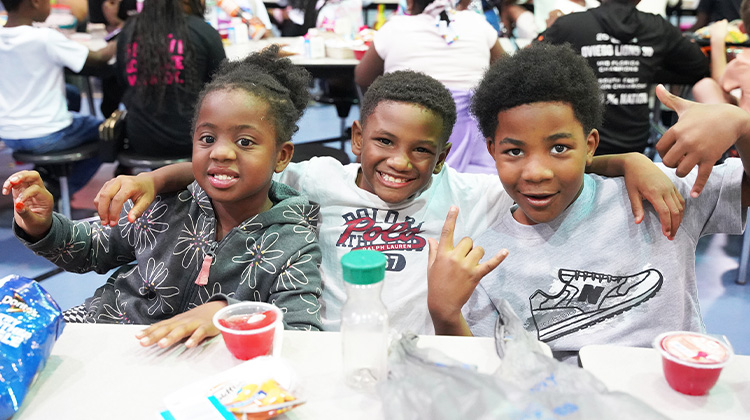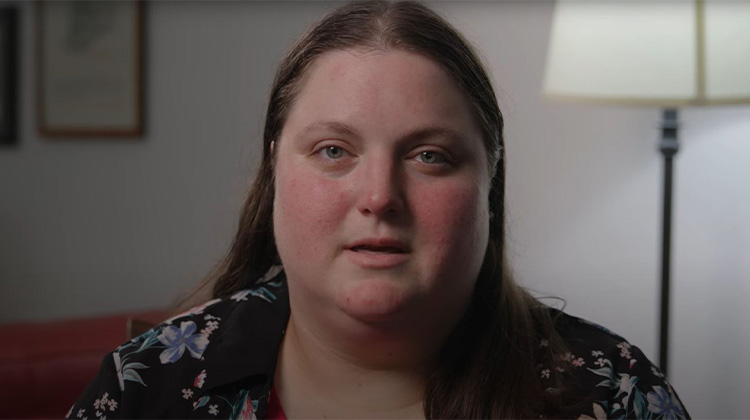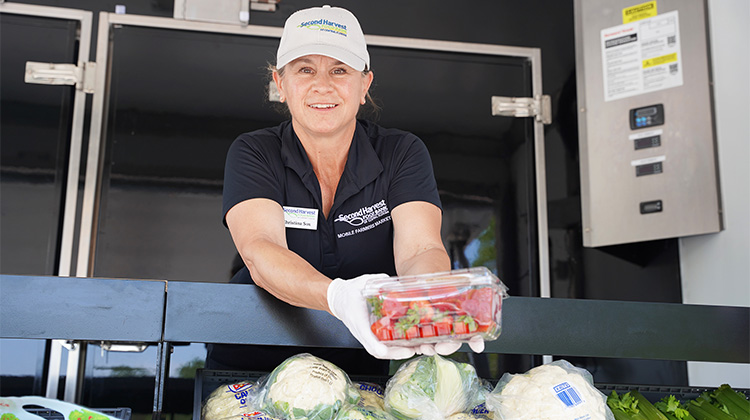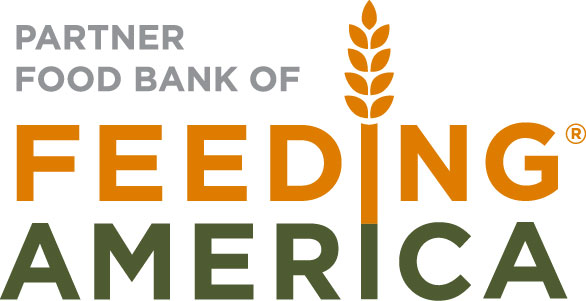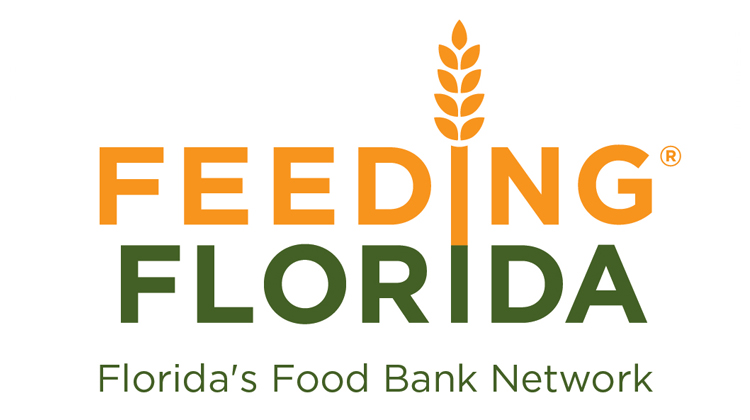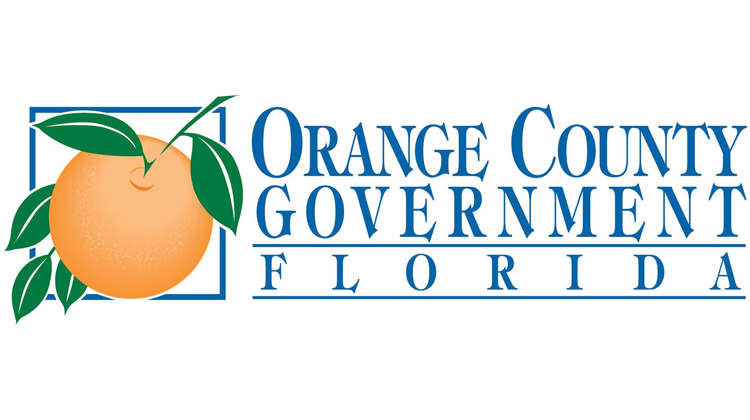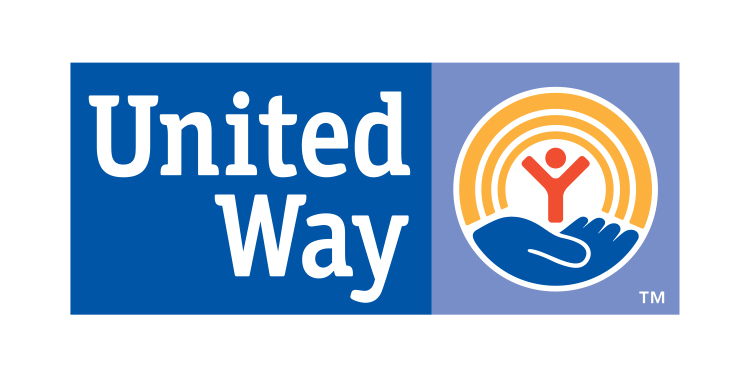For most people, “storm preparedness” means gathering bottled water and essentials, topping off the gas tank, and keeping one eye on the news. But what does it mean for the local food bank?
As Central Florida’s emergency food supply, Second Harvest Food Bank starts working on its storm prep checklist well in advance. When the new year begins, we’ve already begun stocking up on shelf-stable goods (canned vegetables, peanut butter, and pantry staples) and foods that can be prepared and eaten, even when the power goes out.
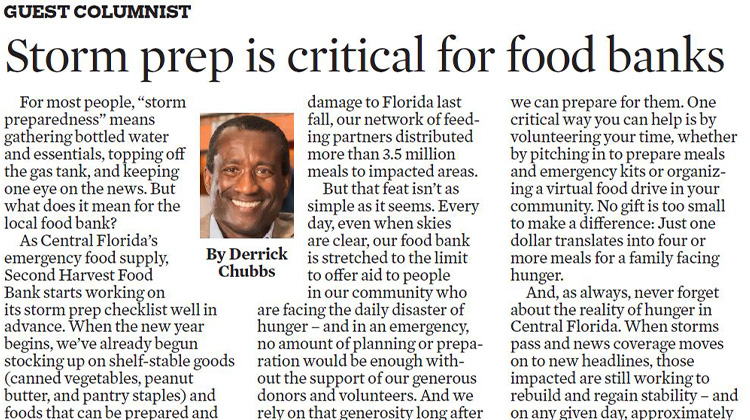
From there, volunteers get to work packing emergency meal kits that can be distributed to evacuation shelters or housing complexes at a moment’s notice – and our team begins planning alongside fellow nonprofits, local elected emergency management officials, and disaster relief partners like the American Red Cross. If needed, we’ll be ready to scale up distribution to 120% in a matter of days.
That level of preparation makes a difference. When Hurricanes Ian and Nicole brought historic flooding and late-season damage to Florida last fall, our network of feeding partners distributed more than 3.5 million meals to impacted areas.
But that feat isn’t as simple as it seems. Every day, even when skies are clear, our food bank is stretched to the limit to offer aid to people in our community who are facing the daily disaster of hunger – and in an emergency, no amount of planning or preparation would be enough without the support of our generous donors and volunteers. And we rely on that generosity long after the storm passes.
Weeks and months after a hurricane, families are still struggling to recover. A lengthy power outage can spoil what food a household already has, while missed hours at work or a damaged roof can strain the family finances. As people offer shelter to displaced or evacuating friends, family and neighbors, a household of four people could expand to fit 12 or even 16 in a matter of days – and the math doesn’t always scale to ensure everyone gets fed.
As we stand on the verge of another summer, we don’t know what storms lie ahead – but we can prepare for them. One critical way you can help is by volunteering your time, whether by pitching in to prepare meals and emergency kits or organizing a virtual food drive in your community. No gift is too small to make a difference. Just one dollar translates into four or more meals for a family facing hunger.
And, as always, never forget about the reality of hunger in Central Florida. When storms pass and news coverage moves on to new headlines, those impacted are still working to rebuild and regain stability – and on any given day, approximately one in eight Floridians isn’t sure where they’ll find their next meal. Advocate for those who can’t advocate for themselves. Tell your network about how you contribute and why that matters.
I continue to be thankful for Central Florida’s preparedness to support neighbors when they need it most. Your compassion makes a difference for thousands of families, children and seniors in our community – it helps them make it through not only storm season, but all life’s storms.

Derrick Chubbs
President & CEO
This guest column originally appeared in The Orlando Sentinel on June 04, 2023.


